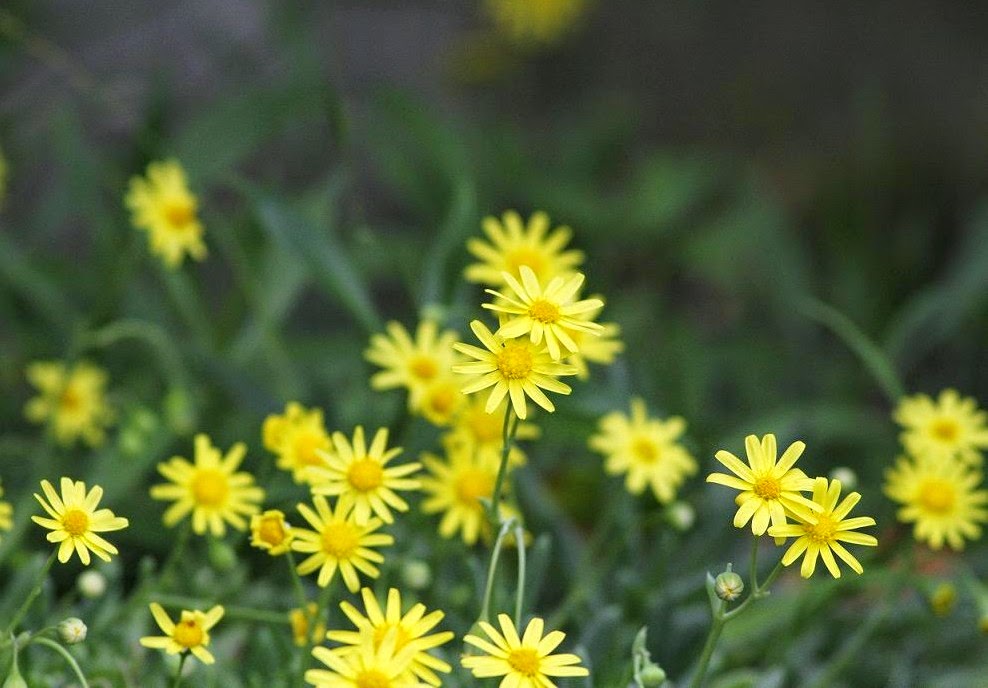Friday, Nov. 7, 2014
Going for my walk about noon today due to the high tide in the morning. Stopping by San Elijo Lagoon hoping to see some shorebirds or some new duck arrivals at low tide. The tide channel was quite empty of bird subjects so I decided to drive north to Carlsbad and check out the Batiquitos Lagoon...
Going for my walk about noon today due to the high tide in the morning. Stopping by San Elijo Lagoon hoping to see some shorebirds or some new duck arrivals at low tide. The tide channel was quite empty of bird subjects so I decided to drive north to Carlsbad and check out the Batiquitos Lagoon...
The trails at The Batiquitos Lagoon run East to West.
Located between El Camino Real and Interstate Hwy 5.The far east side of the trail is my favorite side for
birding. This lagoon can be wonderful for
birding/photography especially when the Egrets and the Herons
nest there but a little difficult if you are trying to
photograph any water birds because the trails are at least several hundred feet
or more from the edge of the lagoon.
Here is a shot I took at the east end of the lagoon with my 400mm lens showing a White Pelican on a sand bar and maybe a few cormorants nearby. Yes, it is way too far for bird photos. The sand dunes in the foreground is a nesting area for the species recovery program for shorebirds such as our California Least Terns so it is fenced off with no public access.
Walking west on the trail, I notice that many of the
Eucalyptus trees have been removed and replaced with native vegetation.
I see many Warblers and sparrows all flighty and busy
foraging for food in thick native growth. I finally reach an area where there
are some low growing native
vegetation with several Yellow-rumped Warblers hopping around and feeding on
insects in a semi-cleared area. This photo shows the field marking
that identifies a Yellow-rumped Warbler aka...
"Butter-Butt"... it does look like there
is a pat of butter smeared on his rump.
There are two types of Yellow-rumped Warbler. The Audubon's
and Myrtle. The Myrtle Yellow-rumped Warbler has a whitish throat. The Audubon's Yellow
-rumped Warbler has the bright yellow coloring on its throat. The Warbler in
this photo is an Audubon's.
Just to be able to take a shot of these little Warblers
made my day. They are usually moving too fast hidden in-between branches,
darting from branch to branch gleaning insects as they hover. It
was great to finally get a few of them out in the open
with the lighting on my side.
Showing us the little yellow spot on his head.
The male will show a bright yellow spot when in breeding plumage.
Yellow-rumped Warblers measure 5.5 inches
long with a wing span of 9.25 inches. All info on Yellow-rumped Warbler is from the book by David Sibley The Sibley Guide to Birds .
They have a longish tail which flares out slightly at the tip
as you can see in this photo.
One lands in a bush nearby. The yellow coloring on the Warbler
matches the yellow flowers perfectly...
They eat mainly insects in the summer but in winter and
migration when insects are lacking, they will also eat many types
of fruits, berries and seeds. But there are plenty of insects for them to eat at the Batiquitos Lagoon.
A Yellow-rump lands on a fragile looking stem after
hovering for insects...
He spots a little spider between the buds....
Got it...
Looking for more bugs... and look how well he blends in
with his surroundings. Beautiful camouflage.
Jumps on the ground to forage...
Nice look at the Yellow coloring on his rump...
This one appears a little bit brownish in color. Could be a
juvenile or a female.
Nice side view showing off the yellow spot on the side and the
yellow on the rump.
They are on the move constantly... always looking for
food. We get a good look at the under arm area with the yellow spot at the
side.
Here is the one with some pinfeathers on his chin. He
appears to be going through some changes in plumage.
As he hops away we get a good look at the beautiful
markings on the fanned tail, lol... reminding me that we are coming up on
the Thanksgiving holidays.
I turn the camera towards the lagoon and I believe I see
pair of Buffleheads and several dozen Ruddy Ducks. But they are so far away
it's really hard to tell for sure. This lagoon is host to hundreds of water fowls and a great place to observe through scopes and
binoculars.
This has been a beautiful walk and now it's time for me to head for home.
This has been a beautiful walk and now it's time for me to head for home.






















No comments:
Post a Comment